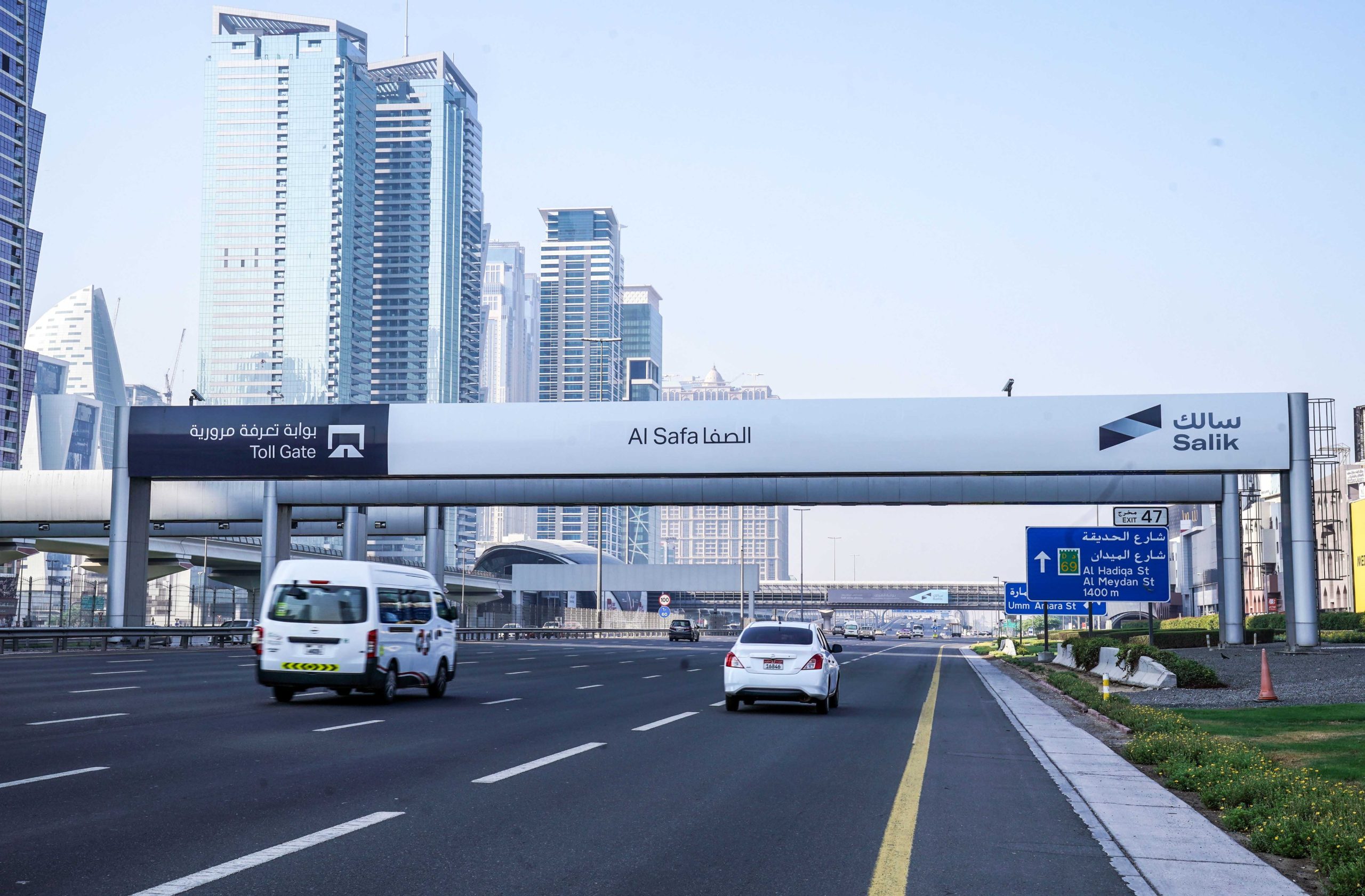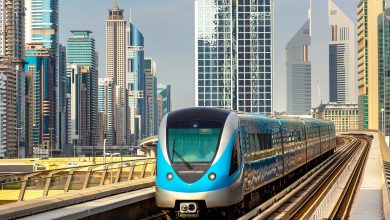The Roads and Transport Authority (RTA) in Dubai has revealed plans to introduce a new Salik toll gate at the Business Bay Crossing, as part of the authority’s ongoing efforts to enhance the city’s road infrastructure and promote the use of public transport. The toll gate is set to be operational by November 2024.
The announcement, made by His Excellency Mattar Al Tayer, Director General and Chairman of the Board of Executive Directors of the RTA, highlighted the strategic importance of the new toll gate in aligning with the comprehensive plan to develop and integrate road networks, public transport routes, and services.
The initiative aims to optimize traffic distribution across the road network and encourage the use of mass transport options, reducing dependence on private vehicles.
As part of the plan, the RTA is also set to install the Al Safa South Toll Gate on Sheikh Zayed Road, positioned between Al Meydan and Umm Al Sheif Streets. The introduction of a single tariff for crossings between the two Safa Gates within a one-hour window is expected to enhance operational efficiency and organizational purposes.
Dubai’s #RTA announced today the introduction of a new toll gate (Salik) at the Business Bay Crossing. The move is aligned with the RTA’s comprehensive strategic plan to develop and integrate road networks, public transport routes and services, and enhance technical road and… pic.twitter.com/C9JxQ56fdV
— RTA (@rta_dubai) January 19, 2024
To manage traffic flows effectively, the RTA encourages the use of alternative traffic corridors such as Sheikh Mohammed bin Zayed Road, Dubai – Al Ain Road, Ras Al Khor Road, and Al Manama Street. The authority also advocates for the utilization of alternative Creek crossings, including the Infinity Bridge and Al Shindagha Tunnel, to alleviate congestion on major routes.
Both toll gates are slated to become fully operational by November 2024, coinciding with the completion of the Al Khail Road Improvement Project. This project encompasses the construction of five intersections and braided ramps, along with the introduction of rapid traffic solutions at key points along Al Khail Road.
Speaking about the toll gates, H.E. Mattar Al Tayer emphasized their role in reducing travel time in Dubai, stating, “The existing toll gates contributed to reducing the total travel time in Dubai by 6 million hours annually, decreasing traffic volumes on the Al Maktoum and Al Garhoud bridges by 26%, reducing travel times on Sheikh Zayed Road and Al Ittihad Street by 24%, and increasing the number of mass transit users by 9 million riders per annum.”
The Business Bay Crossing Gate is expected to reroute traffic from Jebel Ali towards Sheikh Mohammed bin Zayed and Emirates Roads, resulting in a 15% reduction in traffic on Al Khail Road. Meanwhile, the Al Safa South Gate aims to optimize traffic flow on Sheikh Zayed Road and surrounding streets, contributing to reduced congestion.
Highlighting the comprehensive nature of RTA’s infrastructure projects, Al Tayer noted, “RTA has completed a wide range of mega projects totalling over AED146 billion in value.” These projects include the world’s longest driverless metro network, the Dubai Tram, an extended bus route network, and a modern fleet of public buses with low carbon emissions.




